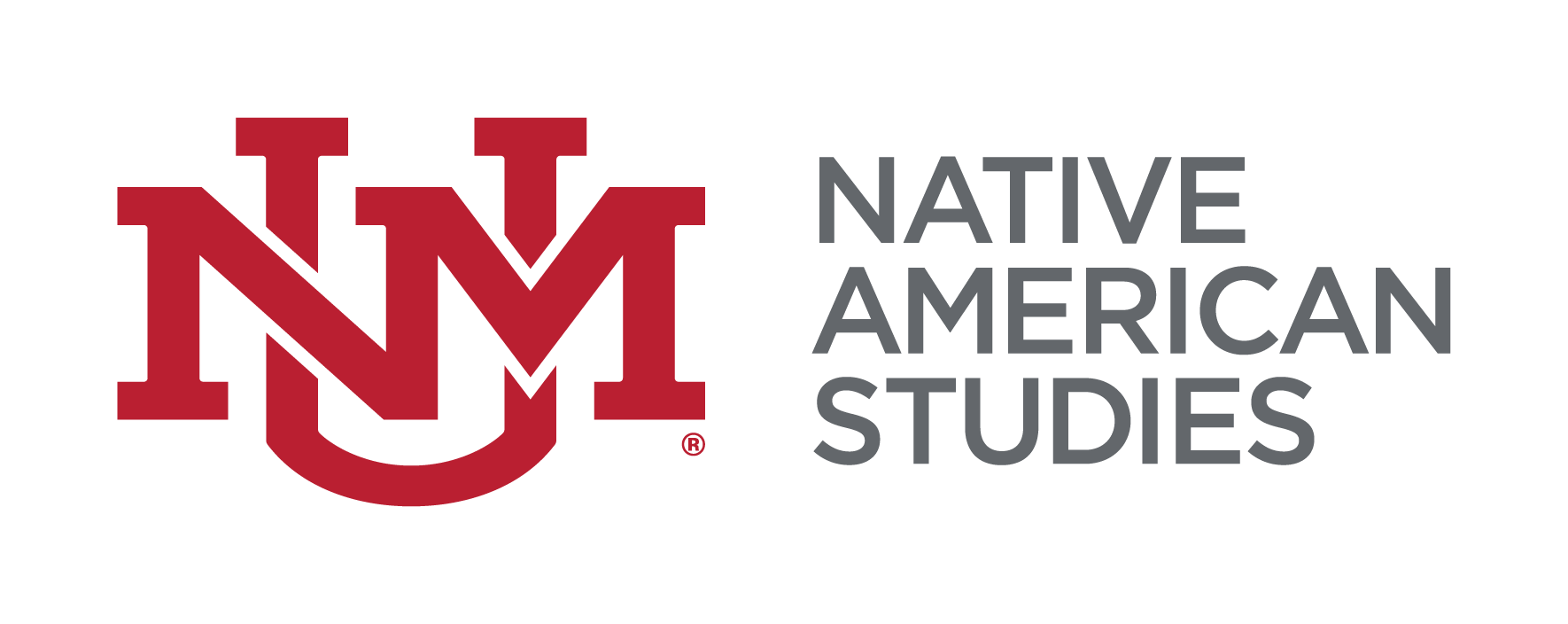Masters of Arts Degree in Native American Studies
Focus in Indigenous Leadership, Self-Determination, and Sustainable Community Building
Requirements
Students must complete a minimum of 30 credit hours, which consists of 18 credit hours from the M.A. Core Courses and 12 credit hours from the Focus Courses. Students must meet with the Graduate Faculty Director to determine your Plan of Study. The M.A. courses are offered typically once a week for about 2.5 hours in-person and via Zoom.
M.A. Core Courses
NATV 550 | Indigenous Nations and Sustainable Communities Seminar | 3 |
NATV 555 | Native American Policy and Community Building | 3 |
NATV 560 | Research Method and Practice in Indigenous Scholarship | 3 |
NATV 570 | Indigenous Thought and Ethics | 3 |
NATV 590 | Project of Excellence | 6 |
Subtotal | 18 |
M.A. Focus Courses
NATV 502 | Education, Power and Indigenous Communities | 3 |
NATV 510 | Individual Study (1 to 6 credits) | 3 |
NATV 522 | Indigenous Community Approaches in Restorative Justice | 3 |
NATV 523 | Self-Determination and Indigenous Human Rights | 3 |
NATV 530 | Gender and Indigenous Leadership | 3 |
NATV 535 | Issues in Contemporary Native Leadership | 3 |
NATV 540 | Indigenous Economics, Sustainability, and Environmental Protection | 3 |
NATV 545 | Politics of Identity | 3 |
| NATV 551 | Problems | 3 |
| NATV 595 | Topics in Native American Studies | 3 |
| Additional electives of appropriate 500-level UNM Courses (up to 6 credit hours) may be petitioned for approval from related disciplines such as American Studies; Anthropology; Community and Regional Planning; History; Language, Literacy and Sociocultural Studies; Public Administration; Sociology; or an interdisciplinary-related program | ||
| Subtotal | 12 | |
| TOTAL | 30 |
NATV 502/402. Education, Power and Indigenous Communities (3)
How economic, political and social power influences the education of Indigenous youth is the emphasis of the course. Topics include who defines the concept of an "educated person" and in what contexts.
NATV 510. Individual Study. (1 to 6, may be repeated twice)
This course provides graduate students with the opportunity to work one-to-one with an instructor to facilitate a rigorous study of a subject or the completion of a project.
NATV 522. Indigenous Community Approaches in Restorative Justice. (3)
Explores the existence of Indigenous frameworks of restorative justice. The impact of Western structures and EuroAmerican colonization is critiqued. The course centers upon the importance of Indigenous restorative justice in community building for self-determination.
NATV 523/423. Self-Determination and Indigenous Human Rights. (3)
Analyzes the emerging norm of self-determination and its impact on Indigenous peoples in the international legal system. Colonization, liberation, and the political futures of culturally distinct peoples are examined from inter-disciplinary perspectives.
NATV 530. Gender and Indigenous Leadership. (3)
The course critically explores the roles gender has played traditionally in tribal and Indigenous communities. how/or if colonization has impacted those norms and roles, and understanding contemporary leadership roles on tribal, national, and international levels.
NATV 535. Issues in Contemporary Native Leadership. (3)
Critically examines contemporary issues and perspectives on Native leadership. Topics covered include contemporary Native community issues, traditional leadership elements and methodologies, leadership challenges, and nation-building leadership approaches.
NATV 540. Indigenous Economies, Sustainability, and Environmental Protection. (3)
Critically examines the complex systems Native Peoples are a part of and form with their environment and way of life. Economic development, sustainable practices, environmental protection, and community revitalization dynamics are analyzed.
NATV 545/445. Politics of Identity. (3)
Examines Native identities in law, biology, culture, and via self-identification within an interdisciplinary context. Discussion will focus on federal intrusions, misappropriations, and adaptations that strengthen the sovereignty of Native Nations.
NATV 550. Indigenous Nations and Sustainable Communities Seminar. (3)
Will examine how Indigenous Peoples have come to their current reality and how they may not move forward in adapting, revitalizing, and sustaining Indigenous community and the present and into the future.
NATV 551. Problems. (1 to 3, may be repeated twice).
Intensive, directed study at the graduate level of particular topics and issues pertaining to the field of Native American Studies. Permission of the Department Graduate Director required prior to registration.
NATV 555. Native American Policy and Community Building. (3)
Critically engages Native policy and community building dynamics. Principles relating to political sovereignty, cultural self-determination, economic sustainability, social and economic justice, and strategic planning underlie the notion of Native policy development and community building.
NATV 560. Research Method and Practice in Indigenous Scholarship. (3)
Critically examines research theories, methodologies, and practices in Native American Studies. Diverse research methods are explored, with emphasis on decolonizing approaches and the impact and value of research for Native communities.
NATV 570. Indigenous Thought and Ethics. (3)
Introduces students to diverse and complex theoretical and contextual perspectives in Native American Studies thought and examination of the most significant contemporary scholarship. Transcends disciplinary boundaries and grounds scholarly inquiry in frameworks reflecting Native-centered ethics.
NATV 590. Project of Excellence. (3 or 6, may be repeated once)
Graduate students are required to complete. Demonstrate accumulation of a theoretical foundation that can be successfully applied to address a target topic or issue relevant to a particular Native community, inter/national audience or Indigenous group/organization. Prerequisite: 560 and 570.
NATV 595. Topics in Native American Studies (3, may be repeated twice).
Specialized topics taught by the Native American Studies department faculty from UNM and the surrounding community which vary according to the instructor's expertise. Subject areas can include but not limited to education, identity, environment, and decolonization.

